Standards for CS Teachers
Development
A team of writers from diverse backgrounds and deep expertise in CS education were selected among 130 applicants, joining leadership from both CSTA and ISTE. The writing team convened frequently throughout 2019 and created multiple drafts of these Standards. It solicited feedback through two public feedback periods, several in-person feedback sessions, virtual focus groups, and strategic interviews with educators, university faculty, researchers, district and state leaders, and PD providers.
The timeline of the writing process is depicted below:
.png)
Leadership Team
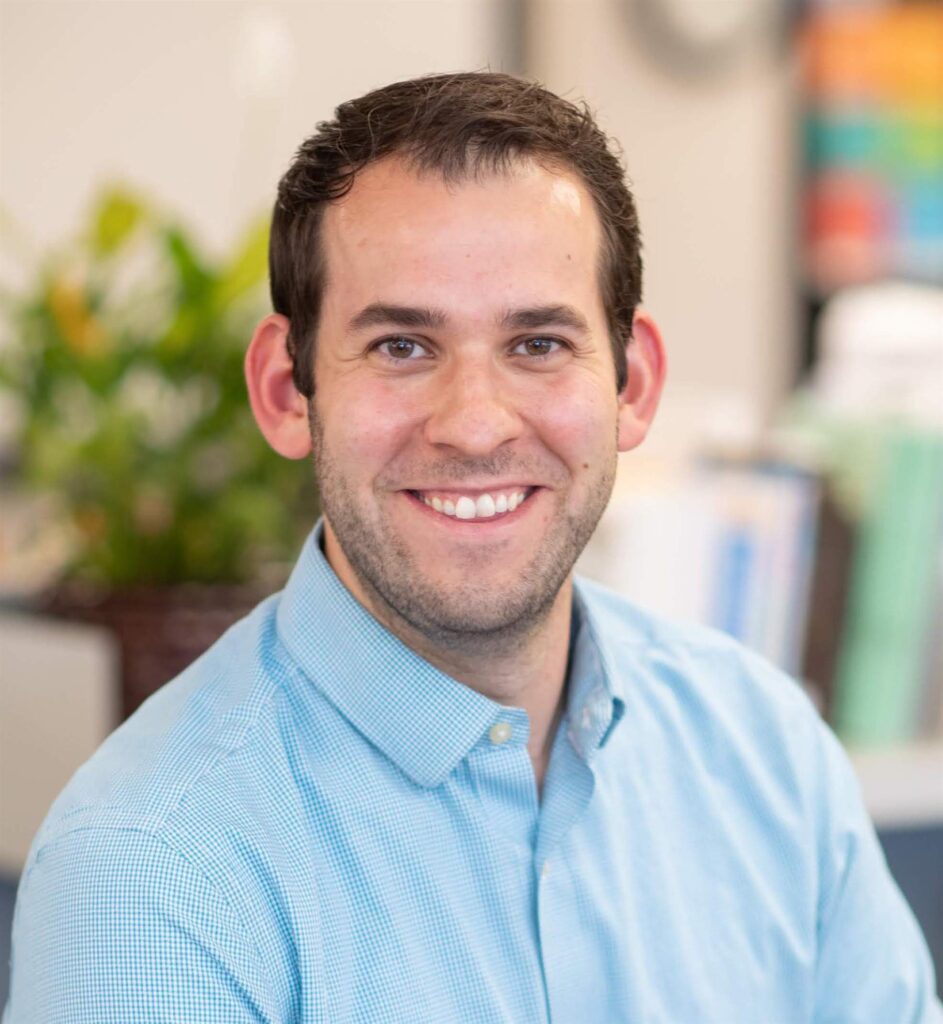
Bryan “BT” Twarek
Bryan “BT” Twarek is the Director of Education for the Computer Science Teachers Association (CSTA), where he develops programs to improve the teaching and learning of K-12 computer science. Prior to joining CSTA, BT was Computer Science Supervisor for SFUSD, he worked to expand equitable access to creative, rigorous, and relevant computer science instruction to all San Francisco public school students. He was also the school district representative on the CSTA Board of Directors and a team lead and writer for the K-12 CS Framework, the 2017 CSTA K-12 CS Standards, and California’s K-12 CS standards.
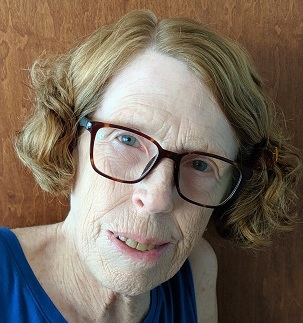
Deborah Seehorn
Deborah Seehorn retired in 2015 as a Business, Finance, and IT Education Consultant at the North Carolina Department of Public Instruction (NCDPI). Before working at the NCDPI, Deborah taught high school mathematics, computing, and business, as well as computing at the community college level. She served as the chair of the 2011 CSTA K-12 CS Standards, and co-chair of the 2017 CSTA K-12 CS Standards task force. Deborah is the North Carolina state ECEP lead and serves on the AI4K12 Steering Committee. Deborah also served on the CSTA Board of Directors as State Department Representative, and Chair.
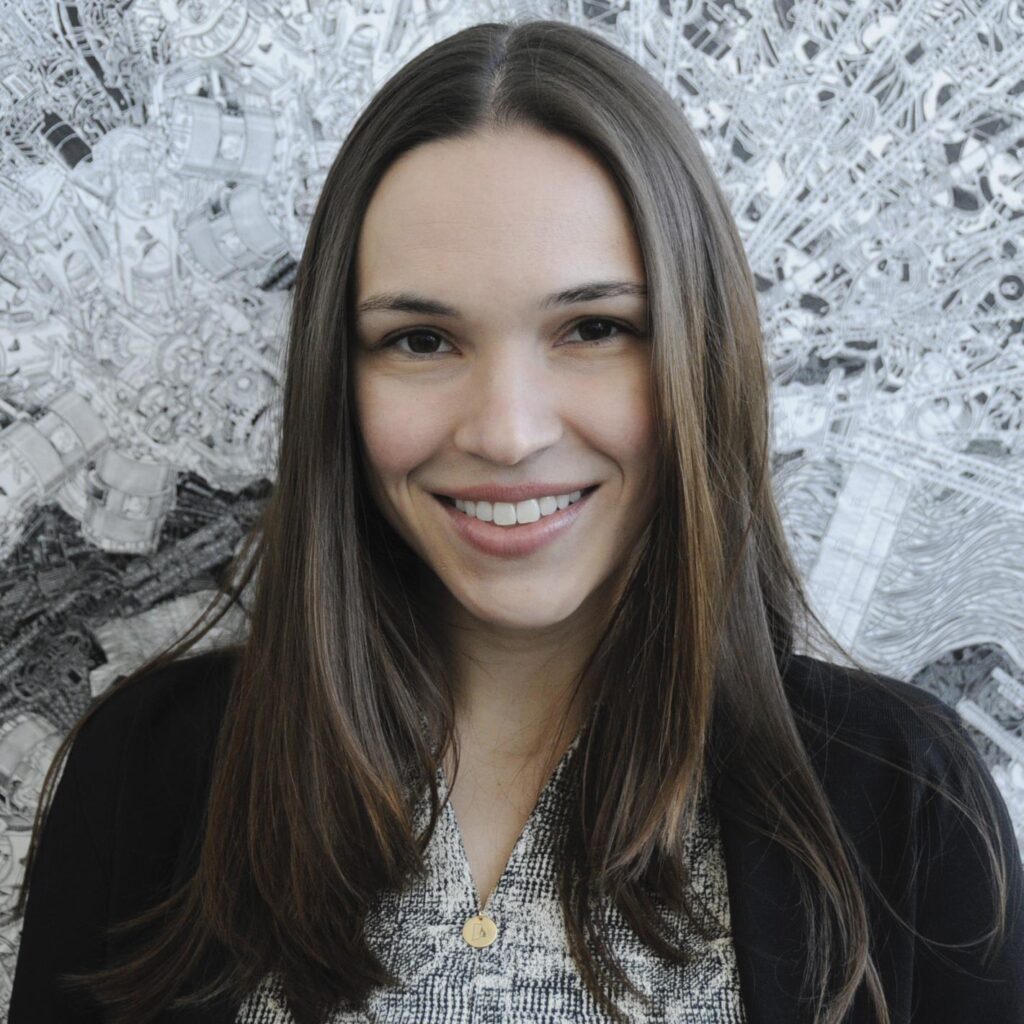
Octavia Abell
Octavia Abell is the CS/CT Advisor to the International Society for Technology in Education (ISTE). In this capacity she supports ISTE’s computer science and computational thinking strategy and advises the team on related projects. Previously Octavia served as the Director of Strategy for the Rhode Island Office of Innovation where she led efforts to build government effectiveness and catalyze innovation across Rhode Island, including designing Computer Science 4 Rhode Island (CS4RI) an initiative to bring computer science education to every K-12 public school in the state. She holds a BA in Political Economy and International Development from Tulane University.
Writing Team
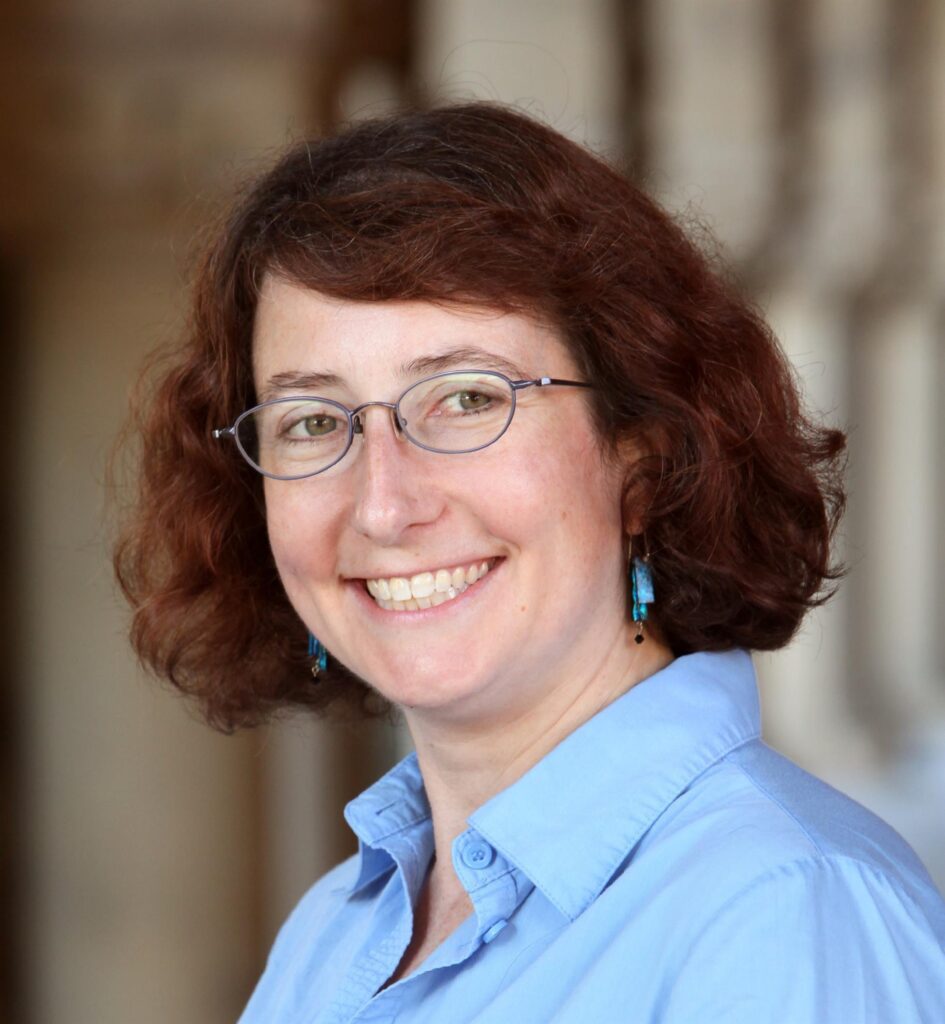
Michelle Friend
Michelle Friend is an Assistant Professor in the Teacher Education Department at the University of Nebraska Omaha. Her research focuses on equity in computer science, particularly young women’s interest in computing careers from middle school through adulthood, and on interdisciplinary connections between computer science and other disciplines to enhance learning in each. She received her Ph.D. from the Stanford University Graduate School of Education in Learning Science and Technology Design, and holds a Master of Information Science and Bachelors of Biochemistry and Science Education degrees from Indiana University. She previously taught computer science at The Girls’ Middle School in Mountain View, CA, and was the first female president of the Computer Science Teachers Association.
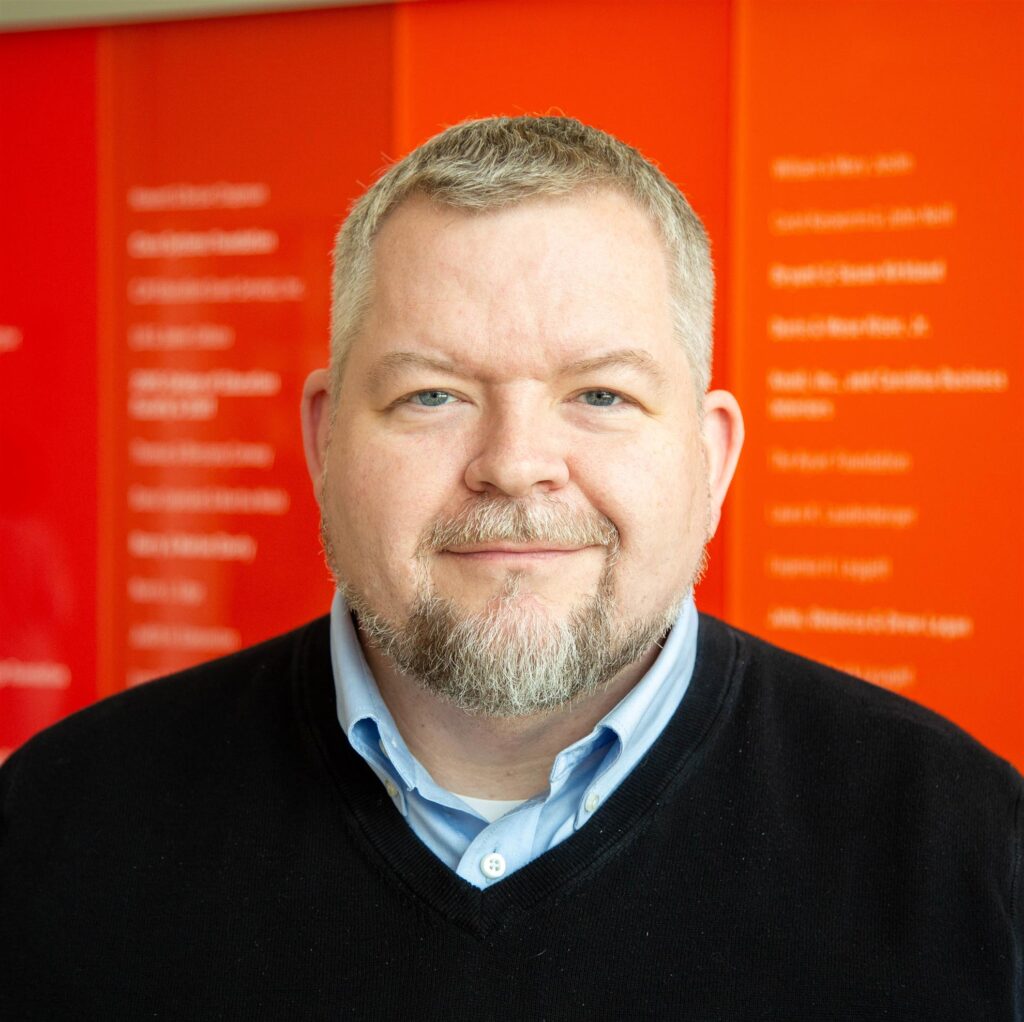
Dave Frye
Dave Frye, Ed.D. is the Senior Director for Computer Science Initiatives at the Friday Institute for Educational Innovation at NC State University’s College of Education. Dave collaborates with cross-sector partners to develop strategic, broad-scale initiatives to expand opportunities and broaden participation in Computer Science. He is fortunate to be a product of innovative computer science initiatives, having first learned coding in his 4th grade classes in the early 80s that launched his lifelong passion for computer science, shaping his career path over the last 30 years. He is passionate about all students having similar opportunities early and often in their lives that can create new paths and inspiration for their future.
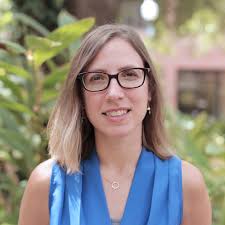
Maya Israel
Maya Israel, Ph.D. is an Associate Professor of Educational Technology at the University of Florida, School of Teaching and Learning and is the director of the Creative Technology Research Lab (CTRL). Maya’s research focuses on studying instructional practices that support students with disabilities in K-12 computer science education. She was a writer on the K-12 CS Framework and has published in top-ranking journals such as Computer Science Education, Exceptional Children, Journal of Research on Technology in Education, Journal of Research in Science Teaching, and Computers & Education. She also presents in computer science education conferences such as CSTA, SIGCSE, and ICER. In addition to her research, Maya also works with multiple school districts on meaningfully including all learners in computer science education initiatives.
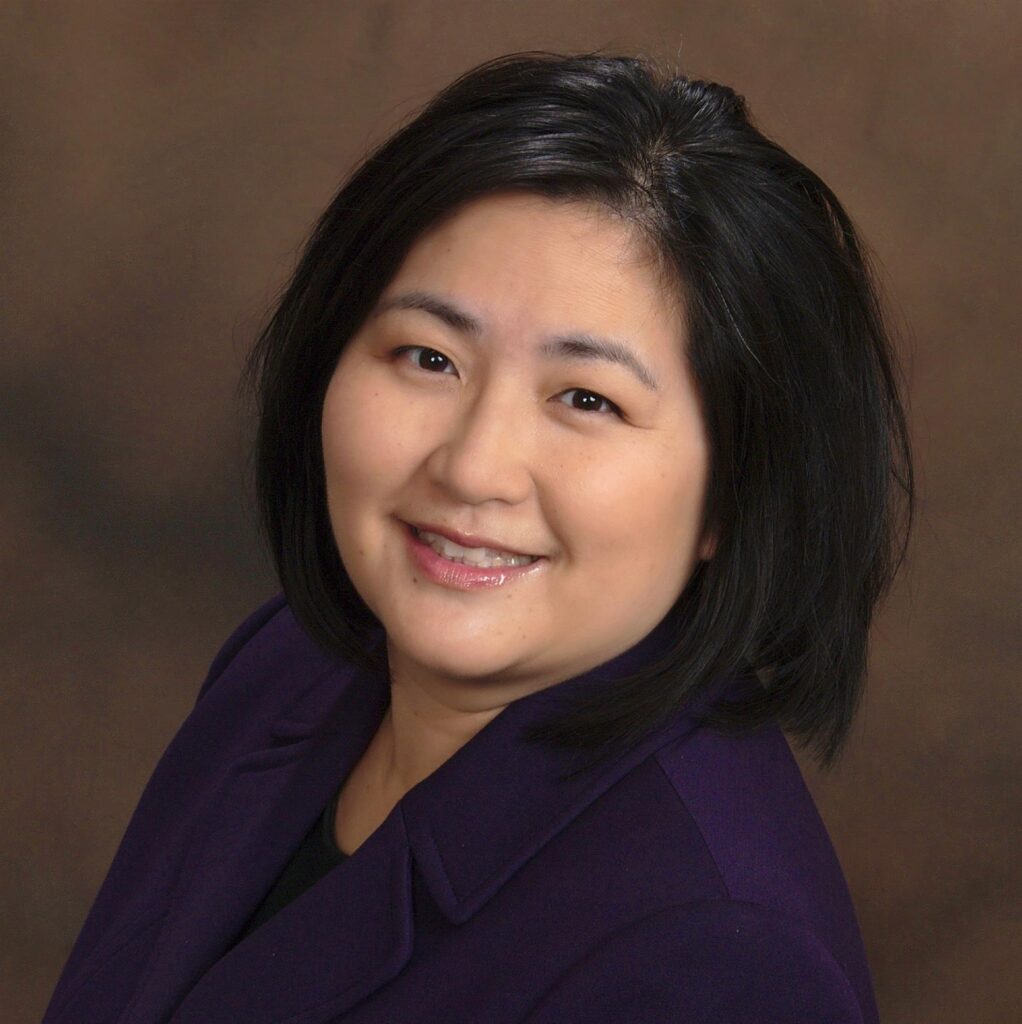
Janice Mak
Janice Mak is a K-12 teacher-on-assignment from Phoenix, Arizona. She has been honored to serve as president of CSTA-AZ, as well as on the Arizona State Board of Education, NCWIT K-12 Executive Council, and the AZK12 Center board of advisors to advance equity and access to CS opportunities within Arizona. She is the recipient of the NCWIT Educator Award and Presidential Award for Excellence in Mathematics and Science Teaching. She holds a BA in Linguistics, and M.Ed. and Ph.D in Curriculum and Instruction with a focus on STEM education.
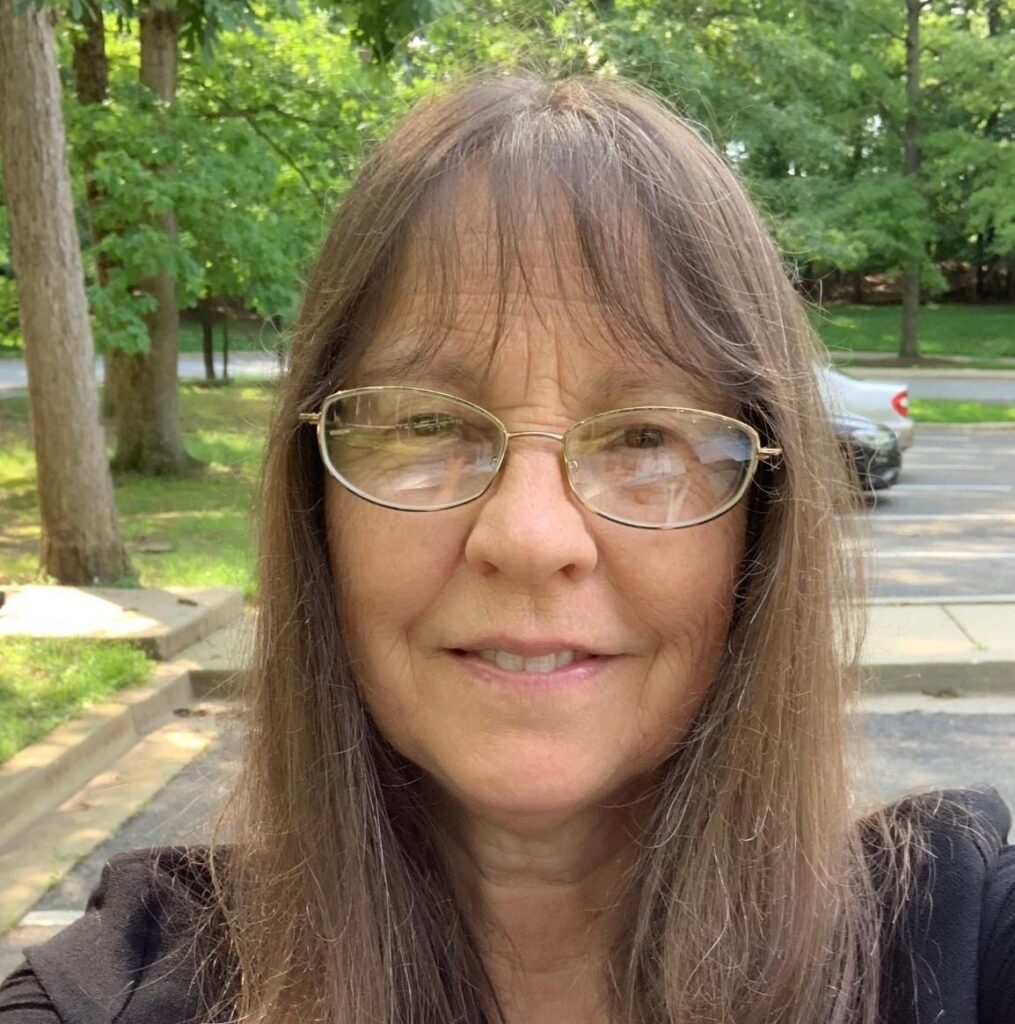
Dianne O’Grady-Cunniff
Dianne O’Grady-Cunniff is currently working as the Director of the Maryland Center for Computing Education, supporting school districts statewide to develop plans and provide professional development to teachers to provide high-quality computer science to students across K-12. She served as a writer for the 2011 and 2017 CSTA K-12 CS Standards, the K-12 CS Framework, and the AI4K12 initiative.
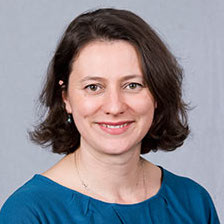
Jennifer Rosato
Jennifer Rosato leads the National Center for CS Education at the College of St. Scholastica in Duluth, MN. The Center champions, researches, and provides equitable computer science education opportunities for K16 students and educators through curriculum and professional development such as Mobile CSP and CS Awesome as well as preparing CS teachers at the undergraduate and graduate levels. She directs and consults on multiple grants from the National Science Foundation, Google, and Infosys Foundation, USA as well as serves on the CSTA Board of Directors. She has an undergraduate degree in Biochemistry from St. Scholastica and a Masters of Arts in Information Systems Management from Carnegie Mellon University.
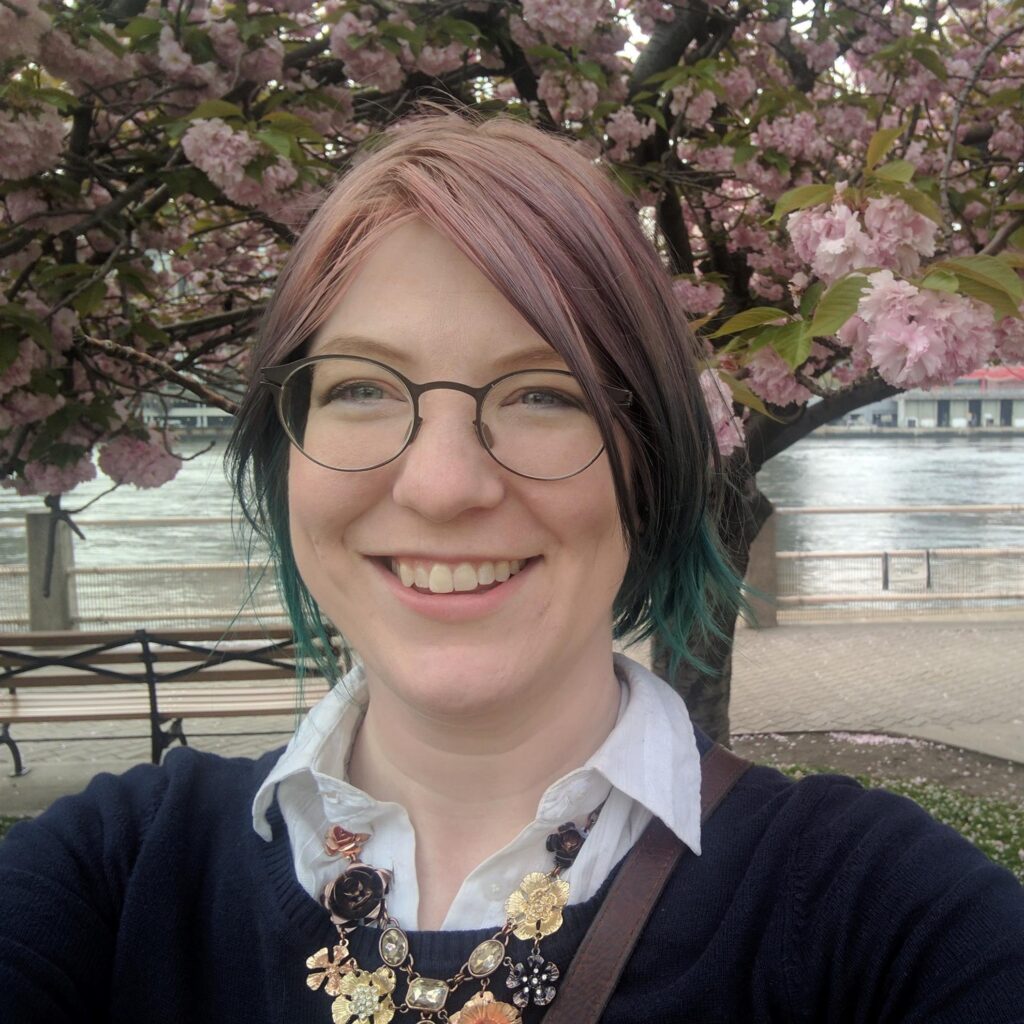
Meg Ray
Meg Ray is a CS education consultant. She is a K-12 Education Advisor at Cornell Tech where she was the founding Teacher in Residence, responsible for a CS coaching program for K-8 teachers. Meg teaches CS methods courses at NYU and Special Education courses at Hunter College, and is an experienced high school computer science teacher and curriculum developer. She was a writer for the 2017 CSTA K-12 CS Standards and a special advisor to the K-12 CS Framework. She conducts educational research related to teaching CS to students with disabilities and CS teacher preparation. The Python Software Foundation awarded her a grant to develop a Python in Education hub. Meg is the author of Code This Game!
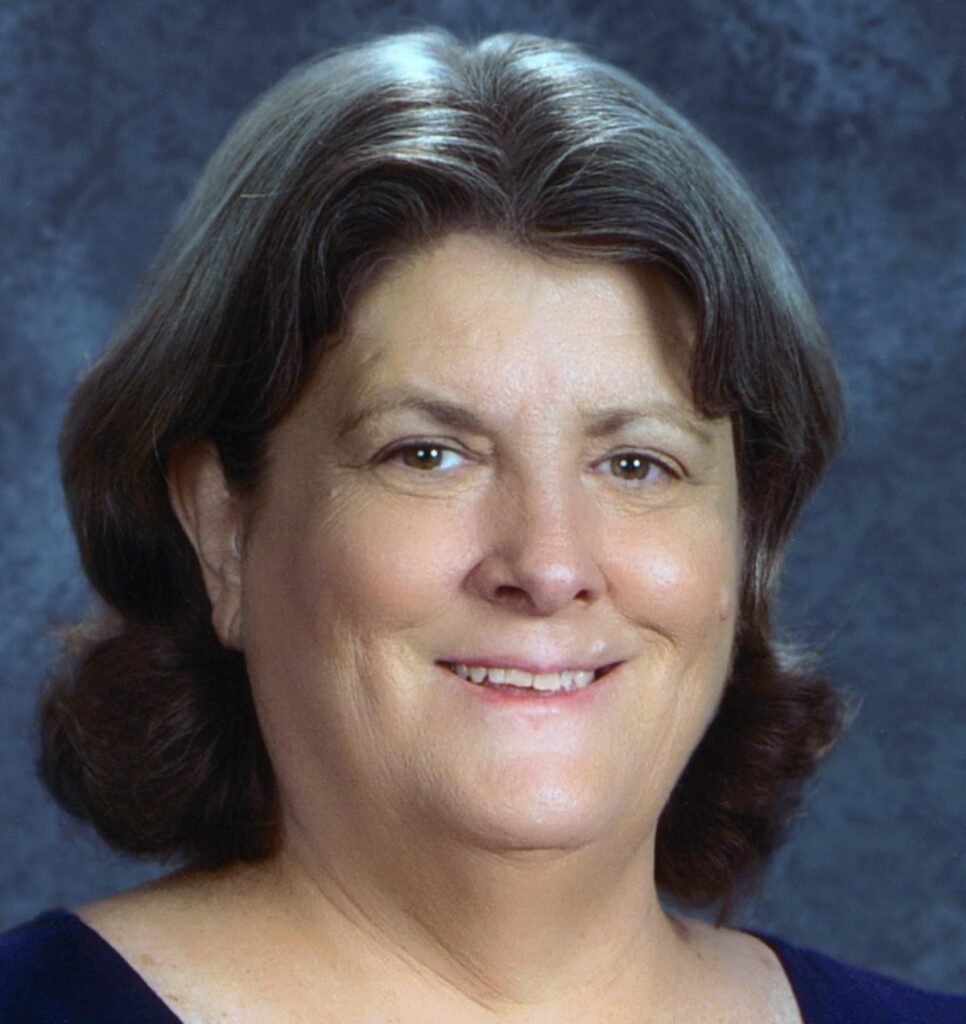
Vicky Sedgwick
Vicky Sedgwick is a K-8 Computer Science Teacher who in addition to developing curriculum and teaching classes to all Kindergarten through 8th Grade students at her school, has also led workshops on a variety of computer science topics at local and national conferences since 2013. She is currently serving on the CSTA Board of Directors as a K-8 representative and moderates the #csk8 chat on the 1st and 3rd Wednesdays of each month on Twitter. Vicky was a K-5 writer on the CSTA K-12 2017 Standards and is currently the K-2 Grade Band Lead and on the AI for K12 Initiative.
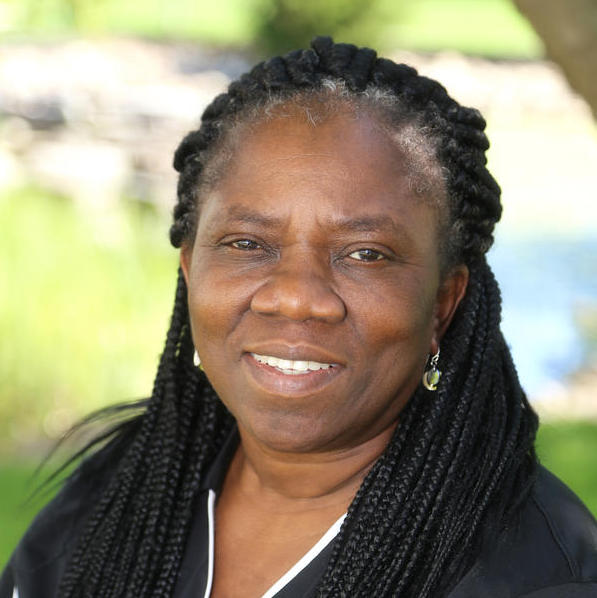
Chinma Uche
Chinma Uche teaches Mathematics and Computer Science(CS) at CREC’s Academy of Aerospace and Engineering. She was the President of the Connecticut Chapter of the Computer Science Teachers Association for 9 years and a member of AP CSP Development Committee. She is an AP CS Principles Consultant, a Code.org CS Fundamentals Facilitator, a member of the Connecticut SDE’s CS Advisory Committee and co-Lead of ECEP Connecticut. Chinma holds Bachelor’s and Master’s degrees in Mathematics and a PhD in Biomathematics from Imperial College, London. She also holds Connecticut administrative license. Chinma is one of two founding members of the Mobile CSP project. She is a 2015 CREC TOY, 2016 CT TOY Semi-Finalist and a 2018 O’Toole Teacher Leadership Award winner. Chinma is currently an MDiv student at Drew Theological School.

Shana V. White
Shana V. White is in her fifteenth year of education, teaching currently at a middle school in metro Atlanta. She has a B.S. in health and exercise science from Wake Forest University, a master’s degree in physical education from Winthrop University, and an Ed.S. in Instructional Technology from Kennesaw State University. She is a Georgia certified K–12 Health/Physical Education Teacher as well as a certified K-12 Computer Science Teacher. She believes in purposeful disruption of the status quo in schools and is passionate about equity, race, culturally relevant pedagogy, inclusion, STEM and computer science instruction at the K-12 level. She has received a number of accolades including 2019 Georgia Tech Diversity and Inclusion Fellowship, 2017 Outstanding Ed.S Scholar in the Bagwell College of Education at Kennesaw State University for Instructional Technology, ASCD 2017 Emerging Leader, and 2016 PBS Lead Digital Innovator for Georgia.
Acknowledgements
We want to thank Alicia Johal (@aliciajohal) for designing our graphic illustrating the five standards, and to University of Illinois employees Michael McKelvey (Office for Mathematics, Science, and Technology Education in the College of Education) and Keith Hays (Technology Services) for advising our accessible web development. We also appreciate the many educators, researchers, and partners who provided feedback through public comment, in-person feedback sessions, focus groups, and interviews.
